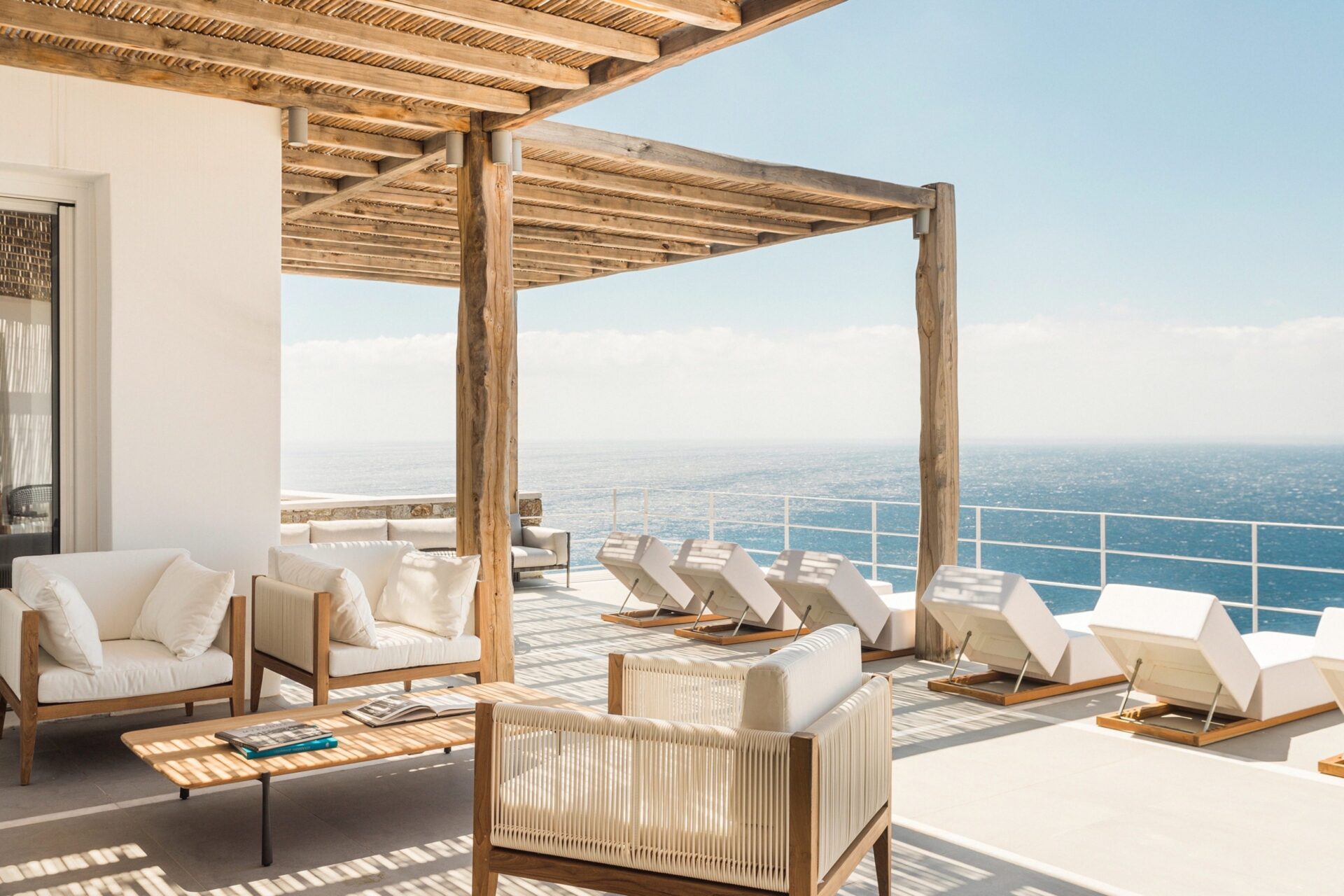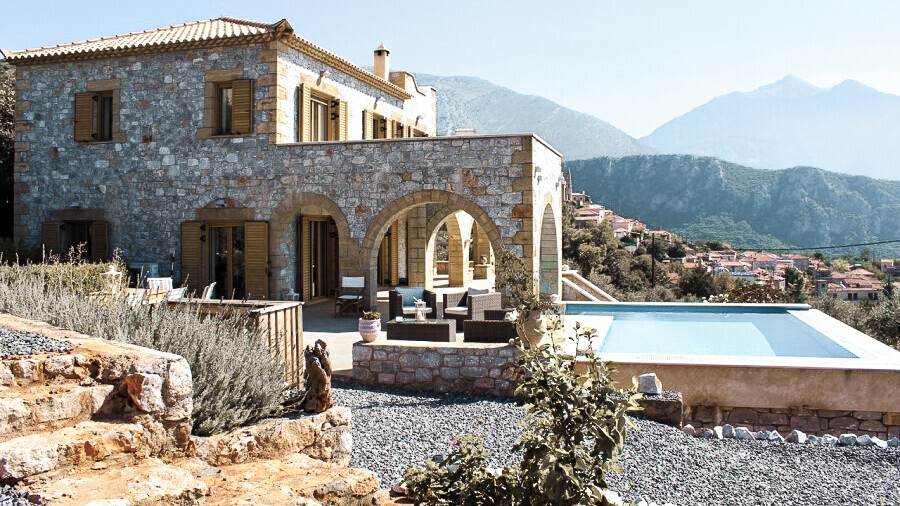Housing prices in Greece are expected to rise by more than 3.5 percent this year boosted by the country’s recovering economy and limited supply levels, senior bank officials tell GreekGuru.net.
Momentum has been building up in the Greek real estate market where prices kept rising last year, despite the country’s severe recession brought on by the pandemic. The trend is in line with strong property markets seen in others parts of Europe and the world, where concerns about the emergence of bubble markets in some countries are rising.
In Greece, the economy this year is seen rebounding by 3.6 percent, according to Greek government forecasts that are widely expected to be soon revised higher. Many economists have projected a GDP growth figure of between 4-5 percent for 2021.
Improved economic conditions are helping boost confidence among property investors amidst increased lending from banks. In some parts of Greece, particularly in areas popular with foreign buyers, house prices have already shot up by 26 percent, though real estate brokers report few deals being signed and sealed.
“We see residential housing rising roughly in line with nominal GDP,” said one senior bank official.
“On our books, we have penciled price growth of 3.5 percent for the whole of 2021 though we realize this number is conservative,” the official added.
Looking further ahead, house prices are seen climbing by about 4.5 percent in 2022, another official said.
“This of course relies on how the pandemic goes though again we see prices rising. Demand has proved to be resilient,” the official added.
On the downside, low wage growth and weak labor market conditions are keeping a lid on demand, experts say.
Other factors that could also weigh on prices are that homes repossessed by banks as a result of the country’s ten-year economic crisis will start coming onto the market, creating downward price pressure.
Later this month, forced property auctions held by banks will resume after a break brought on by the pandemic. Some 2,500 auctions are expected to be held by the end of the year.
This article was first published here.
For more Real Estate News & Views on Greece and Europe’s South, head to The Greek Guru.
*Image courtesy of Sotheby’s International


